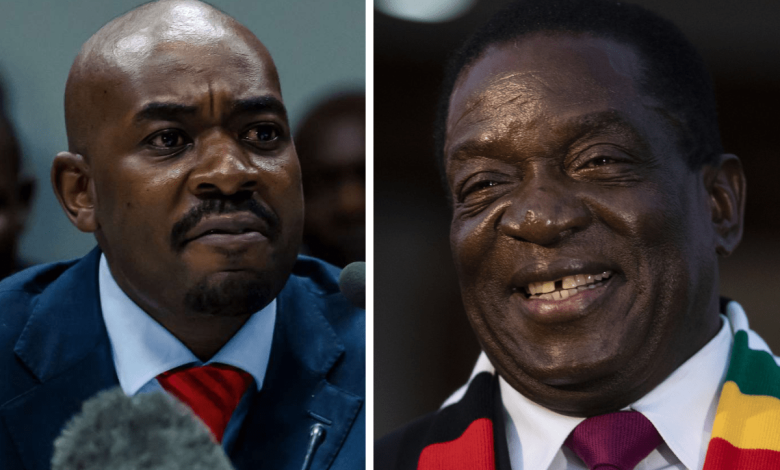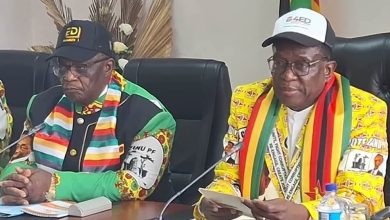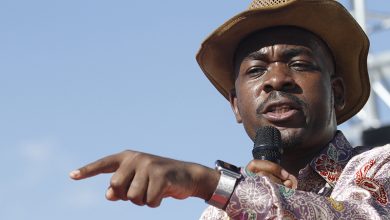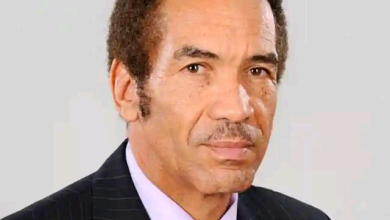Factbox: What you need to know about Zimbabwe’s 2023 election

HARARE, – Zimbabwe will hold presidential and parliamentary elections on Aug. 23, with the southern African country’s extended economic crisis and accusations of a government crackdown against its opponents expected to once again take centre stage.
WHO IS RUNNING?
There are 11 candidates vying for the presidency. However, the key contest is between incumbent Emmerson Mnangagwa, 80, from the governing ZANU-PF party, and Nelson Chamisa, 45, of the opposition Citizen’s Coalition for Change (CCC).
Mnangagwa, a former spy chief who took over after longtime leader Robert Mugabe was toppled in a 2017 military coup, is seeking a second term after narrowly defeating Chamisa in a disputed 2018 election.
Political analysts say the race is tilted in favour of Mnangagwa and ZANU-PF, which has governed Zimbabwe since 1980 and looks set to exploit its control of state institutions to retain power. State media give little airtime to the opposition, and police routinely stop its campaign rallies.
The CCC hopes growing frustration over ZANU-PF’s mishandling of the economy will help tilt the scale in its favour.
WHAT ARE THE MAIN ISSUES?
The economy remains the top electoral issue in mineral-rich Zimbabwe. Hopes that it would rebound under Mnangagwa quickly faded, leaving citizens grappling with acute shortages of electricity and soaring prices.
Year-on-year inflation reached 176% in June, among the highest in the world
The Zimbabwe dollar, reintroduced by Mnangagwa in 2019 after a decade of dollarisation, has depreciated by more than 80% this year.
Unemployment remains very high, an important electoral issue for young people under the age 35, who make up 70% of the population.
Zimbabwe has also struggled to attract international capital to revamp its infrastructure and sectors such as manufacturing, tourism and mining, due to its $14 billion foreign debt, nearly half of which is in arrears
To clear the debt, mostly owed to multilateral financiers and bilateral lenders, Zimbabwe needs to normalise ties with western nations, something Mnangagwa has struggled with, despite early promises to pursue a different course to his predecessor Mugabe.
Zimbabwe fell out with the west in 2000 over rights abuses, disputed elections and the violent seizure of white-owned farms. Western governments say Mnangagwa has not implemented enough reforms to justify full restoration of ties and financial support.
WHAT DO THE CANDIDATES OFFER?
Mnangagwa, whose campaign speeches are often punctuated with nationalist rhetoric reminiscent of the African independence struggles, says his government has created opportunities for locals in the economy with policies supporting their involvement in sectors such as mining and agriculture.
Chamisa, on the other hand, says Mnangagwa’s policies favour a small connected elite. He pledges to grow the economy, fight corruption and end Zimbabwe’s isolation. A CCC government would impose fiscal discipline, restore respect for human and property rights and attract investment, Chamisa says.
HOW WILL THE ELECTION WORK?
Some 6.6 million people are registered to vote in this year’s poll, more than the 5.7 million registered in 2018, the electoral commission has said.
To win the presidency, a candidate must get more than 50% of the vote. If there is no outright winner, a run-off between the top two candidates will be held on Oct. 2.
Parliamentary and local council candidates only need a simple majority of votes cast.
Despite a sizeable population living outside the country, mostly in neighbouring South Africa, Zimbabwe does not allow its citizens to vote abroad.
Credit: Reuters




